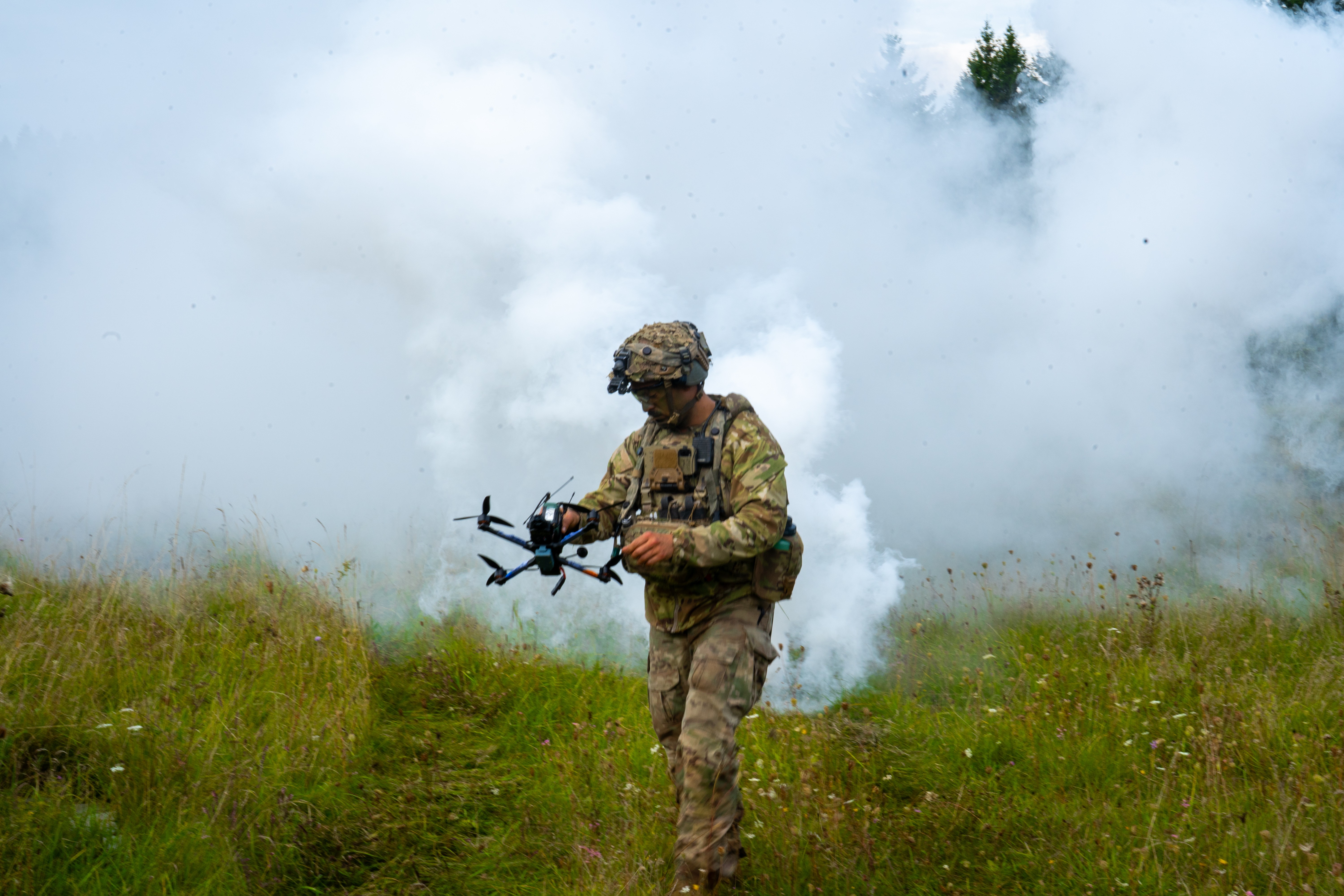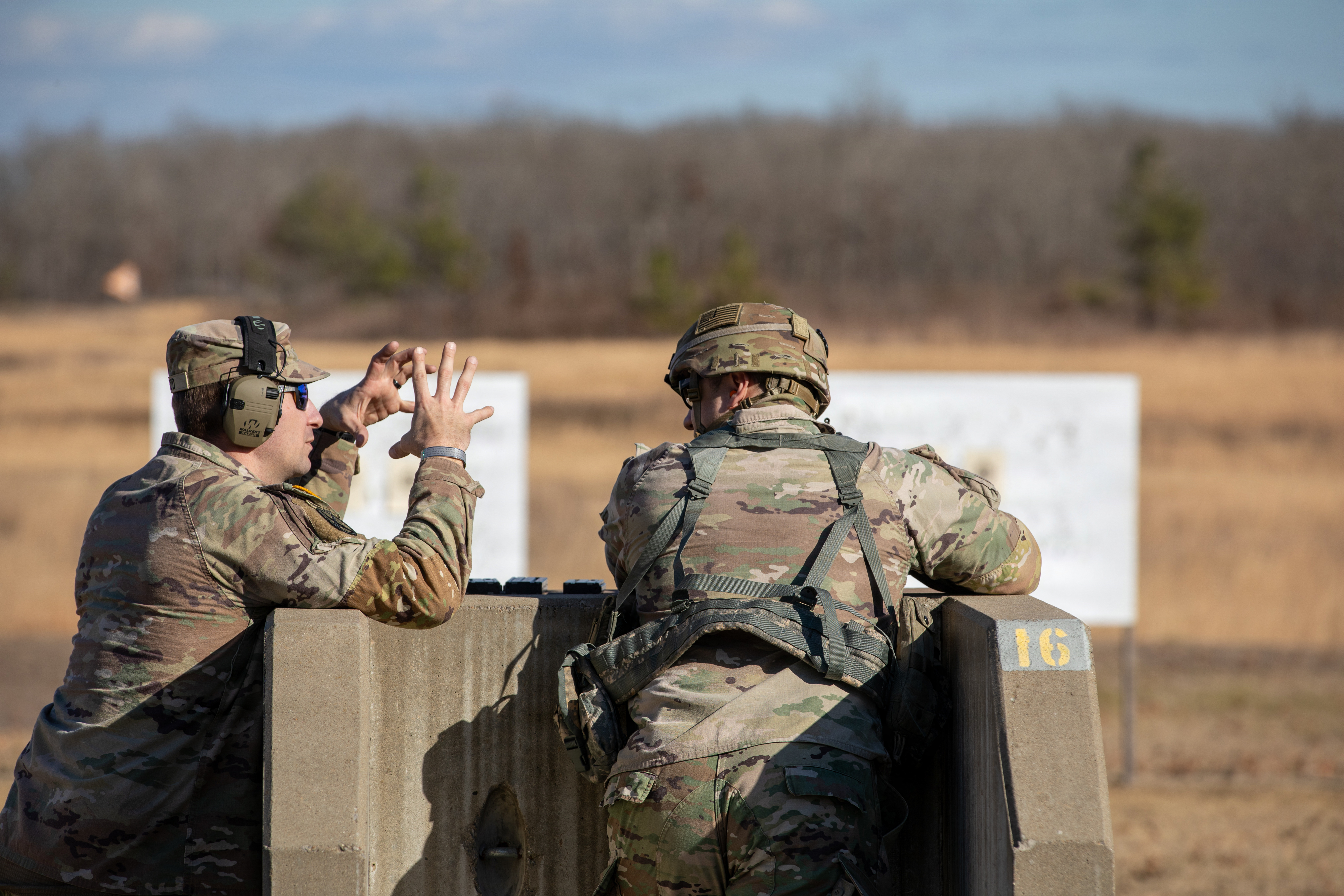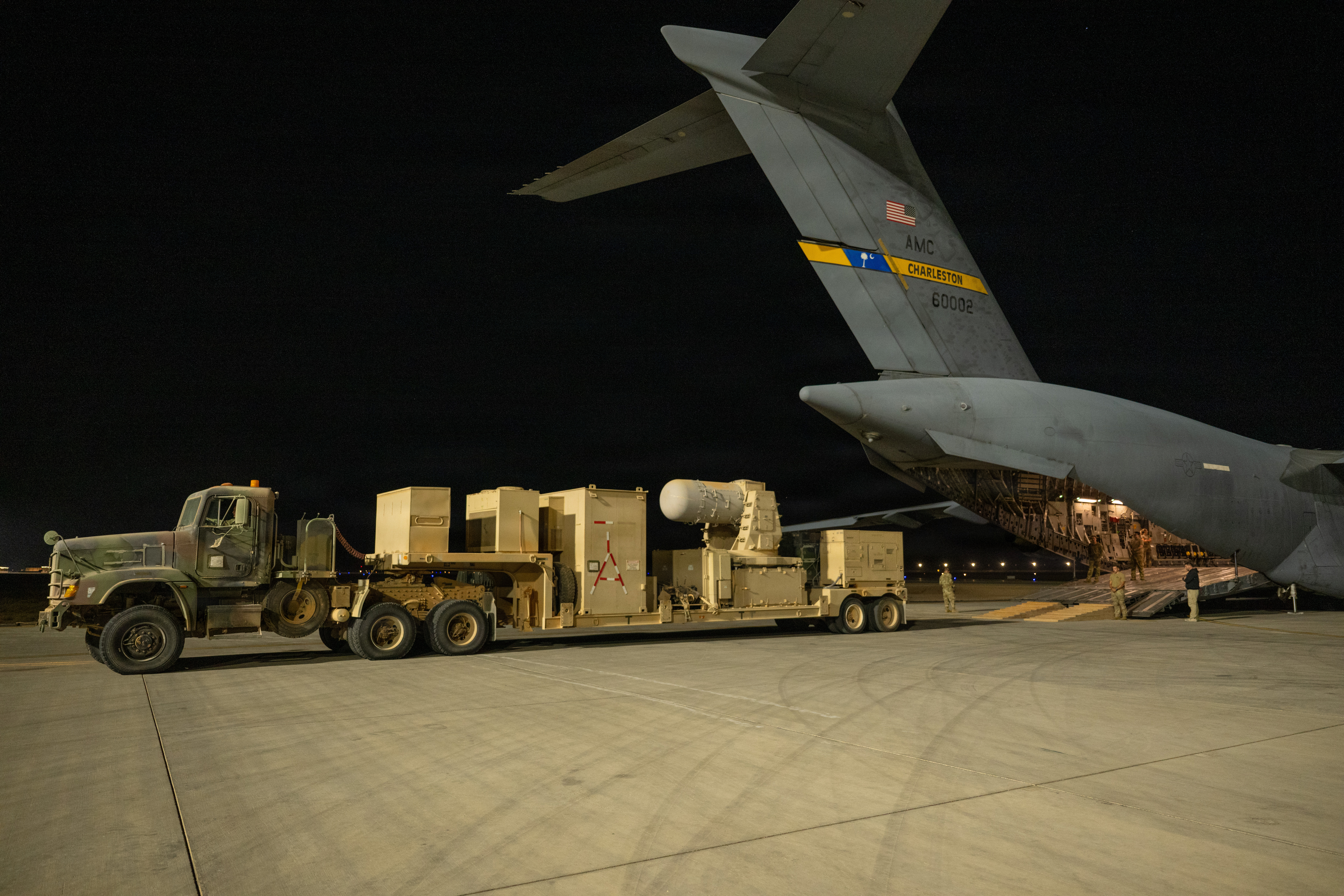“Left of” Mission Command: Virtue for Army Leaders

As our Army continues to build leaders steeped in the doctrine of Mission Command that support operations in multiple domains, it is vital that these leaders strive to be men and women of virtue able to train, fight, win in austere and complex settings. Mission Command is defined as “the empowerment of subordinates to make decisions in decentralized environments and appropriate to the situation.” (ADP 6-0, p.3) Whereas virtue is defined as a state of excellence (Arthur, p.33) in purpose and should be pursued in every action, emotion, and decision of the Army leader. Virtue is necessary for the effective practice of Mission Command.
The root definition of virtue comes from the idea of high character or excellence. Character is from the Greek word kharaktḗr (χᾰρᾰκτήρ) or a person who engraves, as in leaving a mark – it carries the idea “to sharpen” or “to engrave,” and our leaders must “sharpen” their virtues so that they are “engraved” on how they plan, operate, and lead. Virtuous leaders will achieve mission command” and therefore be able to make decisions in austere environments and decentralized operations.
Aristotelian ethics provide a particular series of virtues or framework (Arthur, p.49) which offer Army Leaders a handrail to develop habits to consider as they approach any operation and lead under the principles of Mission Command. These virtues answer the questions of what it means to be a good person, to be a good teammate, to be a good thinker, to be a tough person and ultimately what it means to be a good Soldier. They are grounded in the military member’s oath and aligned with ADP 6-22: Army Leadership and the Profession, and pragmatically answer the question of how to habitually achieve mission command.
So how do leaders practically live and lead out this virtue framework?
- Moral virtues include behaviors such as honesty, respect, kindness, trustworthy, gratitude, and integrity. It is the idea of considering others more important than yourself. These virtues are significant to build the strength necessary to combat negative behaviors and overcome ethical dilemmas.
- Intellectual virtues include skills such as prudence, creativity, critical thinking, and intellectual humility. It is the practice of listening, learning, and thinking, to be able to question and at times confront and be accountable when and if necessary.
- Team virtues. The goal of being a good teammate and includes components such as being trusted and categorically trustworthy, looking out for the best interests of the organization, sharing responsibilities, seeing another point of view, and at times, simply being an excellent subordinate.
- Performance virtues are qualities such as concentration, resilience, perseverance, and grit. The idea of not “taking a knee at the first obstacle,” to encourage, and have the will to fight; to go on.
- Martial virtues are traits such as sacrifice, obedience, patriotism, courage, discipline, and duty. They are formed by our commitment to the cause, the support and defense of the United States Constitution.

As leaders practice and develop this framework (left of mission command) in their respective leadership styles, they are ultimately demonstrating Aristotle’s theory of Phronesis (Arthur, p.50) or practical wisdom. Phronesis is the wisdom in discerning ends and the means (commander’s intent) and attaining them through practical understanding and sound or prudent judgment; it is knowing what to do and what not to do in a situation. Phronesis is Mission Command in practice. Imagine a subordinate leader, who has internalized this framework, and is placed in an austere environment to achieve their commander’s intent. The leader would be trusted and have the freedom to practice disciplined initiative because of their virtuous habits. They would represent their unit, the Army, and the Nation well. They would “well and faithfully” fulfill their duties and responsibilities.
ADP 6-22 states that “character consists of the moral and ethical qualities of an individual revealed through their decisions and actions. (ADP 6-22, p. 2-1)” There is no doubt, that in complex and austere environments Army leaders will encounter uncertainty and dilemmas across various domains. These five virtues can be a foundation to form excellent leaders who achieve successful mission command and win right in any environment.
Lieutenant Colonel Tom Dull serves as the Executive Officer for the Character Integration Advisory Group (CIAG) at West Point, New York.
Major Benjamin Elliott is the course director for the capstone core course, Officership, at the Simon Center for the Professional Military Ethic, West Point, New York.
Reference
- Arthur, J. (2020). The Formation of Character Education- From Aristotle to the 21st Century. Routledge.
- Army Doctrine Publication 6-22 (2019). Army Leadership and the Profession. Headquarters Department of the Army.
- Army Doctrine Publication 6-0 (2019). Mission Command. Headquarters Department of the Army.
- Heath, D. (2020). Upstream the Quest to Solve Problems Before They Happen. Avid Reader Press



